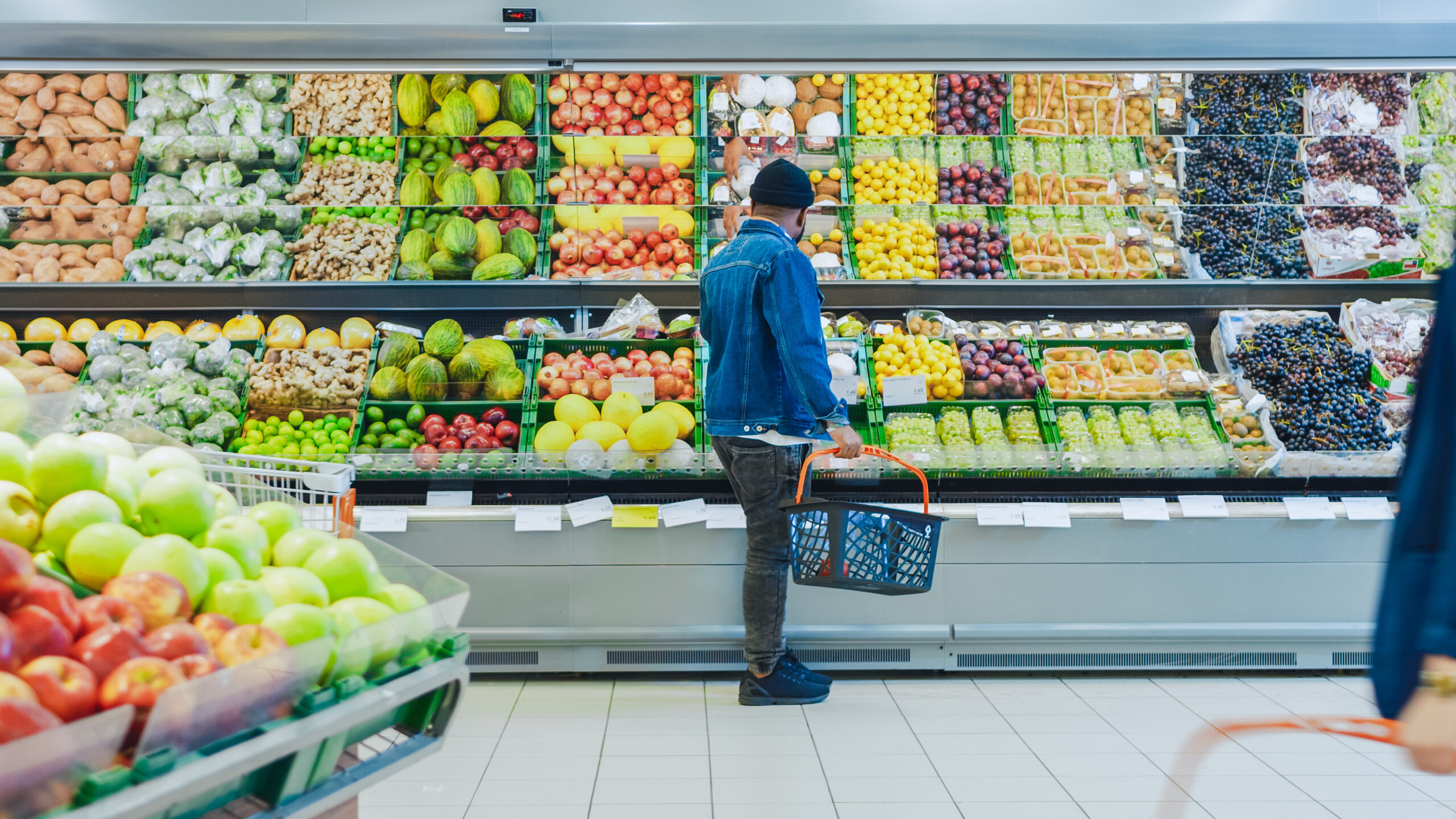Food insecurity spikes in D.C. as the Trump administration cuts federal jobs and support
A new report shows D.C. severe food insecurity is rising, hitting households impacted by government job cuts hardest. Food insecurity

A new report shows D.C. severe food insecurity is rising, hitting households impacted by government job cuts hardest.
Food insecurity is deepening across the Washington, D.C., DMV area, and Black and brown families are being hit the hardest.
A new report from the Capital Area Food Bank (CAFB) reveals that more than a third (36%) of households in the DMV experienced food insecurity over the past year, with the most severe levels rising sharply in 2025. The trend comes as the Trump administration’s deep cuts to federal jobs and safety net programs ripple through the region, destabilizing communities that have long relied on government employment as a pathway to stability.
“The data in this year’s survey paints a picture of a regional hunger problem that is persistent and is deepening,” Radha Muthiah, CEO and president of the Capital Area Food Bank told CNN. “Seventy-five-thousand more people are now saying that they’re severely food insecure, and so that means they’re reducing the size of their meals, they’re skipping meals, this includes children as well. And so that is disturbing to us as a finding.”
The CAFB study found that 41% of Black people in the Washington D.C. area are experiencing food insecurity, a stark contrast to their white counterparts who only make up 18% of those who are food insecure. For Black communities in D.C. and Prince George’s County, where government jobs have historically been a crucial key to accessing the middle class, the cuts hit especially hard. The report revealed that 41% of households tied to federal employment and experiencing job loss reported being food insecure, with two-thirds at the most extreme level, “very low food security,” which the USDA defines as households facing “multiple indications of disrupted eating patterns and reduced food intake.”
The report also showed the tough financial trade-offs families are making: nearly three in four (74%) impacted households are dipping into savings, 55% have stopped contributing to long-term savings, and almost one in four (24%) have pulled from retirement funds earlier than planned.
According to the Federal Reserve Bank of Richmond, the DMV lost more than 22,000 federal jobs between January and May of this year. Those losses don’t just affect workers in government offices. They cascade down to contractors, janitorial staff, food service workers, and the small businesses that keep the city running. As a result, more and more people are turning to food pantries, community distribution centers, and food banks.
“We have noticed an uptick and are seeing some federal employees at our community-wide food distributions,” said Roxanne Yamashita, executive director of Small Things Matter in Rockville, Maryland.
That need is expected to grow. Congress recently passed a sweeping domestic agenda package that slashes the Supplemental Nutrition Assistance Program (SNAP), also known as food stamps. Going forward, roughly 2.4 million fewer Americans will receive SNAP benefits in an average month, with Black households, who participate in SNAP at higher rates due to systemic inequities, bracing for disproportionate losses. Similarly, the Trump administration has also announced plans to end the federal government’s annual food insecurity report, making it harder to track just how widespread hunger is in America.
“What we’ll see is people cutting back on various kinds of services because they want to save money,” Charles Meng, CEO of the Arlington Food Assistance Center, added. “So, we’ll see more of the hotel workers and the lawn maintenance folks and all of the low-income people who have been coming to us. … The bottom line is, we’re going to see many more of the same families we already see because they’re going to be cut first.”
In the nation’s capital, where wealth and poverty live side by side, the growing hunger crisis is another reminder of the trickle down effect of federal decisions, especially for Black communities.
Share
What's Your Reaction?
 Like
0
Like
0
 Dislike
0
Dislike
0
 Love
0
Love
0
 Funny
0
Funny
0
 Angry
0
Angry
0
 Sad
0
Sad
0
 Wow
0
Wow
0
















